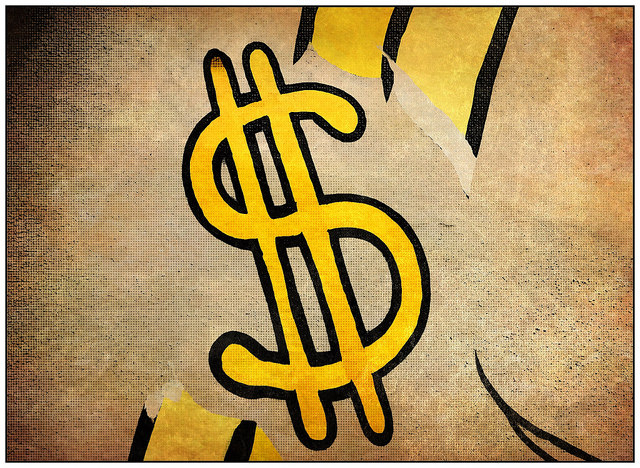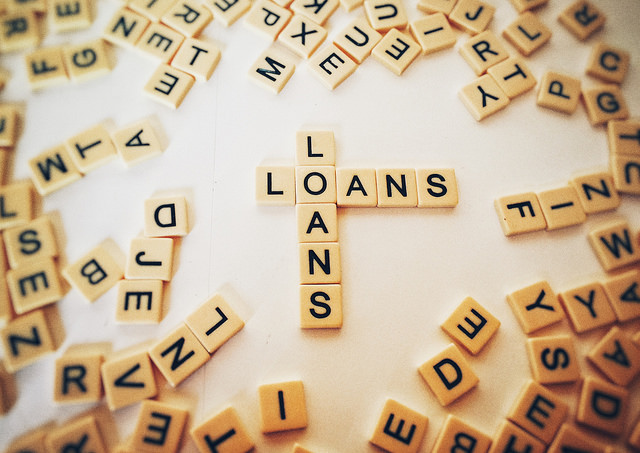Naturally, home prices are a big part of any discussion of where the housing market is and where it’s headed. That’s because it’s an easy metric for home buyers and sellers to follow. It’s also because it’s an important factor in making decisions about when to make a move. However, recent news of rising prices may have hopeful homeowners getting ahead of themselves a bit. In fact, a recent study looking at the difference between what homeowners think their house is worth and what it actually appraises for found that owners are overestimating their home’s value by about 1.7 percent. And, though that might not seem like much, having a home appraise for less than its sale price could complicate the closing process, or worse, derail the sale altogether. That’s why it’s important to realize that, though home prices are up overall, how much your home’s particular value has gone up or down depends on where you are. This also reinforces why it’s so valuable to both homeowners looking to sell and buyers on the hunt for a new home to have the advice and guidance of a Realtor who knows their neighborhood. More here.













